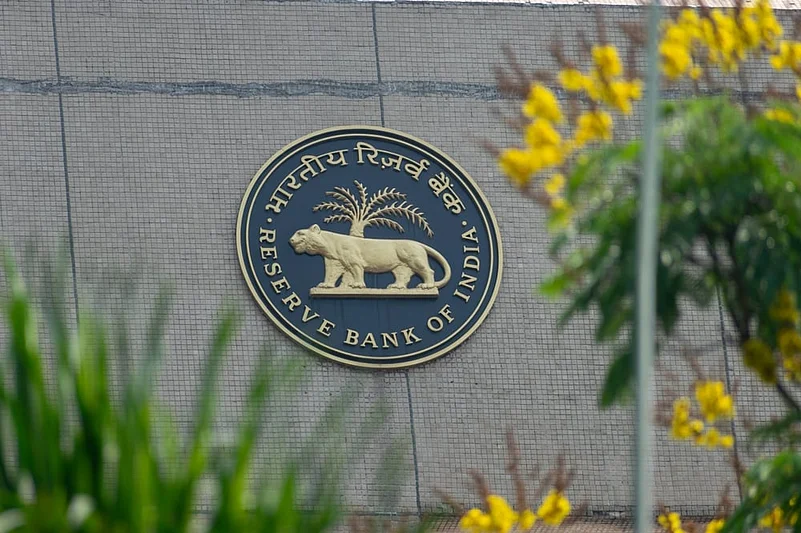The Reserve Bank of India has proposed a new batch of guidelines to govern how regulated entities and banks invest in Alternative Investment Funds (AIFs). The initiative is directed at avoiding misuse of these funds for bad loan evergreening and bringing in more financial discipline.
The central bank published a draft circular on May 19, 2025, setting out new guidelines for investing in AIFs. The draft rules are available for public comment until June 8, 2025.
Background To The Revisions
RBI issued guidelines first in December 2023 to track investments made by regulated entities in AIFs. The fear was that certain entities were employing AIFs as a backdoor method to keep defaulting loans alive—through a technique known as evergreening, where fresh funds are channelled to defaulting borrowers to enable them to repay outstanding loans.
RBI's initial rules aimed to plug this loophole. However, after observing market practices and consulting with the Securities and Exchange Board of India (Sebi), the central bank has now come out with revised directions to further tighten oversight and ensure that regulated entities do not indirectly fund their own stressed borrowers.
Key Changes In The Draft Rules
The new draft sets down definite investment limits and terms for controlled entities investing in AIFs. These are:
Individual Cap: One controlled entity is allowed to invest up to 10 per cent of the overall size (corpus) of an AIF scheme
Group Cap: All controlled entities together cannot invest more than 15 per cent in one AIF scheme
Free Limit: A regulated entity can make investments up to 5 per cent of the corpus of the AIF without any condition
But if a party crosses the 5 per cent threshold, and the AIF in question has made investment in a counterparty firm of that party (in terms of debt instruments), the regulated party will need to provision 100 per cent of its proportional exposure. This provision is aimed at discouraging any indirect funding of defaulting borrowers.
The regulations exempt equity investments and compulsorily convertible instruments from the provisioning obligation. These instruments are generally regarded as riskier and are dealt with distinctively under financial regulation.
Exemptions And Future Scope
The bill also authorises RBI to exempt some AIFs from these regulations, primarily those established for strategic government-sponsored projects. Such exemptions will be taken into account after consultation with the government.
Also, the new directions will be effective prospectively, i.e., only for new investments made subsequent to the finalisation of the rules. Current investments or commitments by regulated entities will remain subject to the previous norms.
RBI added that its previous rules have already led to greater financial discipline by regulated entities. With Sebi also increasing monitoring, the new directions should add further robustness to transparency and accountability in the investment environment.
The Reserve Bank of India has sought public comment and that of stakeholders. The suggestions can be made through the 'Connect 2 Regulate' link on the RBI website or through mail and email to the Department of Regulation, Reserve Bank of India, before June 8. After the direction comes into effect, it will supersede the previous circulars released in December 2023 and March 2024.










